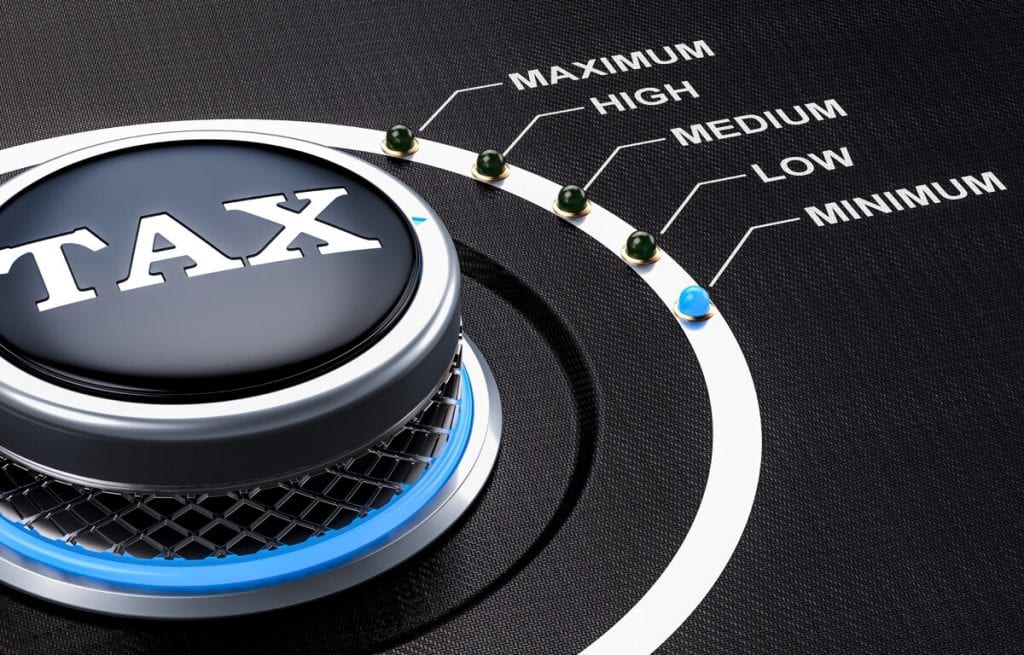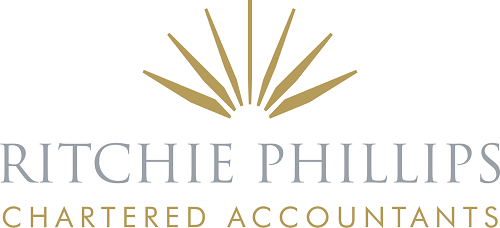You’ve worked hard, investing your time, energy and talents into your business. Now perhaps either you need to extract money for the first time, or you feel it’s just time to reap some of the rewards of your hard work.
Whatever the reason behind why you need or want to get money out of your business, profit extraction takes careful planning to make sure it’s as tax efficient and well timed as possible. In this blog, we look at a variety of tax efficient methods of realising funds.

Dividend taxation
In almost all cases, dividends are the most tax efficient way of extracting profits from a family company because of the impact of national insurance contributions.
The regime for taxing dividend income, whether from a family company or quoted investments, is as follows:
- A Dividend Tax Allowance charges the first £2,000 of dividends received in a tax year at 0%.
- For dividends above £2,000, rates of tax on dividend income is 7.5% for basic rate taxpayers, 32.5% for higher rate taxpayers and 38.1% for additional rate taxpayers.
There are a number of implications depending on your circumstances:
1 Salary v dividend
This regime narrows the benefit of taking dividends rather than salary from a family company. But the impact of national insurance contributions, for both employers and employees, results in dividends being the most tax efficient method of extracting profits from your business. In taking dividends, it is normal to retain a minimal salary subject to national insurance contributions to qualify for state benefits, particularly qualifying years for your state pension.
2 Adult children
In circumstances where your adult children can acquire shares in your family company, if they receive no more than £2,000 in dividends, they will have no tax to pay on this income. This might prove a tax efficient way of transferring income to your children but without incurring any dividend tax on that income yourself. As a variation on this approach, dividends within the basic rate band would provide greater funds, albeit subject to a 7.5% dividend tax charge, and could fund post 18 education or help towards a first house purchase.
3 Gift Aid
There is a further complication if you make significant charitable donations under Gift Aid. The tax credit on your donation has to be funded out of the income tax and capital gains tax you pay. The abolition of the dividend tax credit means you will pay less income tax. If you are considering making substantial donations under Gift Aid and you have substantial dividend income most tax years, it will be necessary to ensure you have paid sufficient income tax and capital gains tax otherwise you will receive a demand for the shortfall from HM Revenue and Customs.
Interest
If you have lent money to your company, paying interest on your loan is another way to extract profit tax efficiently as no national insurance contributions will be payable on the interest which will be tax deductible against your company’s profits.
Pension contributions
Both a short-term way of extracting profit and a long-term way of planning for retirement, paying into a pension is a great way to make the most of your business’s income and is one way to extract profit from your company while still benefiting from tax relief. You’ll find our recent blog about pension contributions here.
Restructuring shareholdings
It can often be tax efficient to transfer some shares to the spouse of the main shareholder to enable some dividends to be paid to the spouse within his or her basic allowance. The appropriate number of shares to be transferred can be fine-tuned to produce the best anticipated tax position.
Equally, there is nothing to prevent some shares being given to an adult child who is in need of income, for example to meet the costs of university education. Note however caution is necessary for special classes of shares with limited rights to be issued to other family members.
Going non-resident
If there is a possibility of you becoming non-resident in the United Kingdom in the foreseeable future, a tax advantage can be obtained by leaving profits in the company, for withdrawal after non-resident status has been acquired. A dividend paid to a non-resident shareholder is not liable to income tax in the United Kingdom. It may of course be liable to tax in the country of residence overseas, in which case, it may be advisable to structure the timing of the dividend payment more carefully and you will need to be clear about the tax consequences in your new country of residence.
Capital distribution
If you decide to close your limited company due to retirement or any other commercial reason, capital distribution is a tax efficient way in which you can extract the remaining profits from the business bank account.
Capital distribution is taxed in the same way as a capital gain. This is more tax efficient for a higher rate tax payer than taking a dividend, as the rate of capital gains tax is lower than the rate at income tax for a higher rate tax payer (capital gains tax is charged at the rate of 28% where the total taxable gains and income are above the income tax basic rate band. Below that limit, the rate is 18%). If you wish to draw funds in this manner, then you should have a commercial reason for closing the company and prior clearance has to be obtained from HMRC.

Other profit extraction methods to consider
There are a variety of other vehicles and methods which may be appropriate depending on your circumstances. These include:
- Royalties and licence fees – in respect of any patent in your name and charged to the business. Fees can be deducted from company profits and therefore reduce corporation tax. And when they are paid to you, they are not subject to NICs but will need to be included in your tax return and will be taxed according to your tax band.
- A director’s loan – A director’s loan is not considered to be a payment in the same way as salary or dividends and tax may not need to be paid depending on the arrangements. In order to avoid any potential tax liability, you should take professional advice.
- Rent on assets – As a property owner, payment of rent can be another relatively tax efficient means of extracting profit from the company.
- Selling to your company – You might wish to consider selling an asset such as a building, vehicle or goods that you own, to the company. No employers NICs are due when you sell an asset to the company, but you must report the income on your personal tax return.
Do you need help with your profit extraction strategy for your business?
Tax efficient profit extraction is not always straightforward and always requires careful planning and consideration and we recommend you take professional advice before considering any of the above. You can contact a member of our team today on 020 3195 1300.
